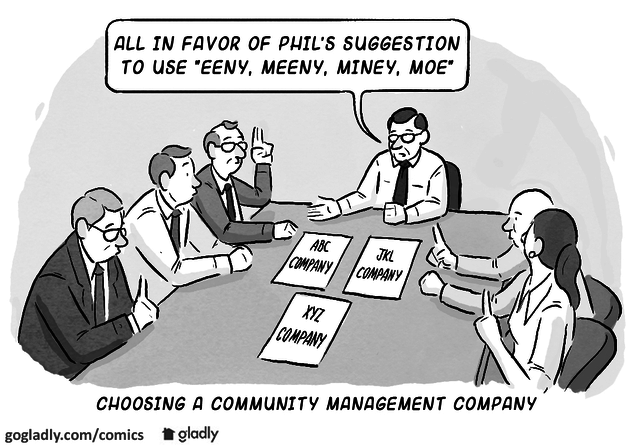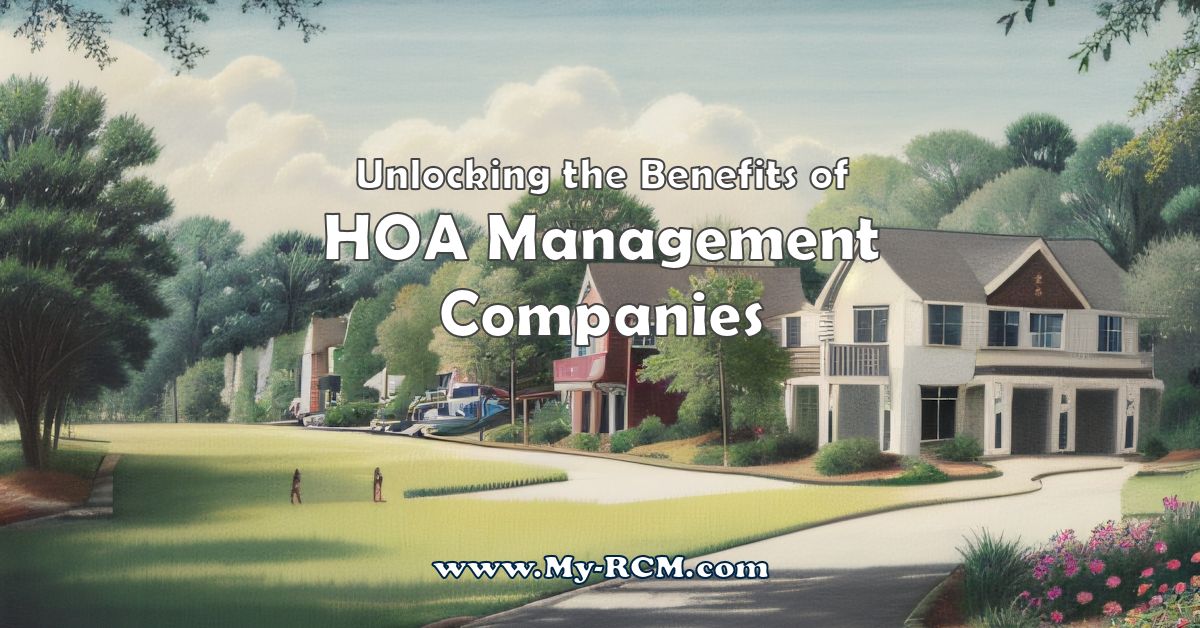Specialist in HOA Management San Antonio : Elevate Your Neighborhood's Specifications
From Financials to Maintenance: Grasping the Art of HOA Management for Neighborhood Associations
Handling a neighborhood association needs a delicate balance between economic duties, reliable interaction, and efficient maintenance operations. From supervising budgets and financial declarations to working with upkeep jobs and implementing policies and guidelines, HOA management can be a complex art that requires a varied set of skills. In this conversation, we will explore the numerous facets of HOA administration, from the complexities of financial administration to the value of maintaining a well-functioning community. By diving into these vital areas, we aim to supply useful insights and strategies for mastering the art of HOA management, leaving you equipped with the understanding and tools required to browse the challenges that might emerge within your area association.
Understanding Financial Obligations
What are the key monetary duties that community organizations require to understand and handle successfully? Community organizations play an essential role in handling the funds of their areas. hoa management san antonio. To make sure the economic well-being of the association, a number of crucial duties have to be understood and handled successfully
Most importantly, community associations have to develop and maintain an extensive spending plan. This includes accurately approximating costs and revenue resources, such as regular monthly fees, special evaluations, and rental income. A tactical budget plan permits organizations to assign funds for required expenditures, such as maintenance and repair work, insurance premiums, and book funds for future funding tasks.
One more crucial monetary obligation is the collection of dues and evaluations. Neighborhood associations should make certain efficient and timely collection of these costs to cover functional costs and keep the monetary stability of the association. This consists of applying a clear and clear repayment policy, dealing with delinquencies promptly, and enforcing any necessary lawful activities.
In addition, neighborhood associations ought to maintain precise monetary documents and prepare routine financial declarations. These declarations offer a clear picture of the organization's financial wellness, including income, expenditures, and books. Normal monetary reporting permits board participants and homeowners to track the association's monetary performance and make educated decisions pertaining to budgeting and costs.
Last but not least, neighborhood organizations need to adhere to all relevant financial policies and tax demands. This consists of filing income tax return, keeping correct documents, and sticking to any lawful obligations connected to monetary management.
Reliable Communication and Partnership
Reliable communication and collaboration are important for effective HOA management and promoting a cohesive area. Area associations count on effective communication to share important info, address worries, and ensure transparency. A clear and regular line of communication in between the HOA board, locals, and building management is important for a well-functioning area.
One means to promote effective communication is with routine e-newsletters or e-mails that provide updates on community events, jobs, and crucial news. This permits residents to stay notified and involved in the area. Additionally, establishing open lines of communication via area discussion forums or community hall conferences can give a system for homeowners to articulate their opinions, ask inquiries, and add to decision-making procedures.
Cooperation is just as important in HOA management. Encouraging cooperation amongst board participants, committees, and citizens cultivates a feeling of ownership and shared responsibility. By involving residents in the decision-making process and proactively seeking their input, the neighborhood association can create an extra comprehensive and harmonious atmosphere.
To facilitate reliable partnership, HOA management should develop clear goals and purposes, delegate duties, and motivate synergy. Regular conferences, both formal and casual, supply a possibility for stakeholders to review ideas, address concerns, and job towards usual goals. By fostering a collaborative setting, neighborhood associations can harness the diverse abilities, knowledge, and viewpoints of their locals to drive favorable modification and boost neighborhood living.
Streamlining Upkeep Workflow
Simplifying maintenance procedures is essential for reliable and economical HOA management. By executing reliable techniques, community associations can ensure that maintenance jobs are performed efficiently and in a prompt manner, minimizing disturbances and maximizing resident contentment.

Additionally, utilizing innovation can substantially enhance maintenance operations. Applying an electronic upkeep management system (CMMS) allows associations to track work orders, timetable preventative maintenance, and keep an arranged document of upkeep tasks. This not just boosts efficiency however likewise supplies a clear and accountable system for both homeowners and monitoring.
Moreover, outsourcing certain maintenance tasks can likewise streamline operations. By hiring specialized contractors for tasks such as pool upkeep or landscaping, associations can make certain that these jobs are handled by experts with the required know-how, freeing up inner resources to concentrate on various other facets of HOA monitoring.
Focusing On Regulations and Rules
To make certain orderly and efficient community living, prioritizing and implementing rules and regulations is crucial for reliable HOA monitoring. hoa management san antonio. Neighborhood associations count on a collection of standards to secure and preserve an unified atmosphere building worths. By clearly specifying and focusing on guidelines and laws, HOA management can ensure that citizens understand their duties and expectations
Among the very first steps in focusing on guidelines and rules is to recognize those that are essential for the community's health. This may entail conducting a thorough testimonial of the existing regulations and guidelines and recognizing any voids or areas that require renovation. It is critical to include neighborhood participants in this process to guarantee their buy-in and to address any recommendations or issues they might have.
When one of the most vital guidelines and guidelines have actually been identified, HOA management should make sure that they see this are effectively communicated to citizens. This can be done via various methods, such as newsletters, emails, community conferences, and uploading notifications alike areas. Clear and constant interaction is essential to ensure that locals recognize the regulations and policies and recognize the effects of non-compliance.
Enforcement of rules and regulations is equally essential in preserving a well-functioning neighborhood. HOA administration need to establish a constant and fair enforcement process, which may include cautions, penalties, and various other proper actions. hoa management san antonio. It is essential to strike an equilibrium in between implementing the policies and guidelines and maintaining positive partnerships with citizens
Navigating Legal and Compliance Issues
Navigating lawful and conformity issues is critical for HOA management to make certain adherence to guidelines and legislations. Community organizations need to operate within the bounds of the regulation Continued to keep the trust fund and confidence of property owners and stakeholders. Failing to adhere to legal demands can lead to legal disagreements, fines, and damages to the association's reputation.
To browse these issues successfully, HOA management need to stay upgraded on federal, state, and neighborhood regulations that regulate community organizations. This includes comprehending regulation pertaining to reasonable housing, property, tax, and work management. Compliance with these legislations entails executing plans and procedures that secure the civil liberties of property owners and make sure openness in financial and functional matters.
Along with lawful commitments, HOA management need to additionally adhere to the association's regulating papers, such as the laws, conditions, agreements, and constraints (CC&R s) These records lay out the rules and regulations that govern the community and might include arrangements relating to building upkeep, building standards, and my website conflict resolution procedures.

Verdict
In verdict, understanding the art of HOA monitoring for area associations calls for a thorough understanding of financial obligations, efficient communication and collaboration, streamlining upkeep procedures, prioritizing regulations and laws, and browsing legal and compliance concerns. By successfully implementing these strategies, area organizations can guarantee the smooth functioning and total wellness of their communities.
By diving right into these crucial areas, we intend to supply important understandings and approaches for grasping the art of HOA administration, leaving you equipped with the expertise and tools required to browse the difficulties that may emerge within your neighborhood association.
Community organizations play a vital duty in managing the financial resources of their communities. Neighborhood organizations should make certain reliable and timely collection of these charges to cover functional expenses and preserve the economic stability of the organization. By promoting a joint environment, neighborhood organizations can harness the varied skills, understanding, and point of views of their locals to drive favorable adjustment and enhance community living.
To navigate these concerns efficiently, HOA monitoring should stay updated on government, state, and neighborhood regulations that govern community associations.